During the Busan Indie Connect Festival 2025, we had the opportunity to sit down and have an exclusive interview with Manson Jeong, CEO of Tripearl Games, to discuss their upcoming roguelite adaptation of the popular webtoon The Player Who Can’t Level Up. The game promises to bring the beloved story to life with a unique 3D approach that sets it apart from other games in the crowded roguelite market.
Balancing Challenge and Accessibility
One of the biggest challenges facing any game developer is creating an experience that welcomes newcomers while still providing meaningful difficulty for veteran players. Jeong explained their philosophy on this balance: “We are not aiming to be 100% stress-free because we believe that enough amount of stress and stress that is able to be overcome will be able to give the best experience of playing the game.”
The team plans to use a roguelite progression system to help new players gradually overcome challenges. “Since our game is going to be based on the rogue-lite progression system, players will eventually have some amount of stress, but through the rogue-lite system, they will be able to learn, upgrade, and have fun during the gameplay,” Jeong said.
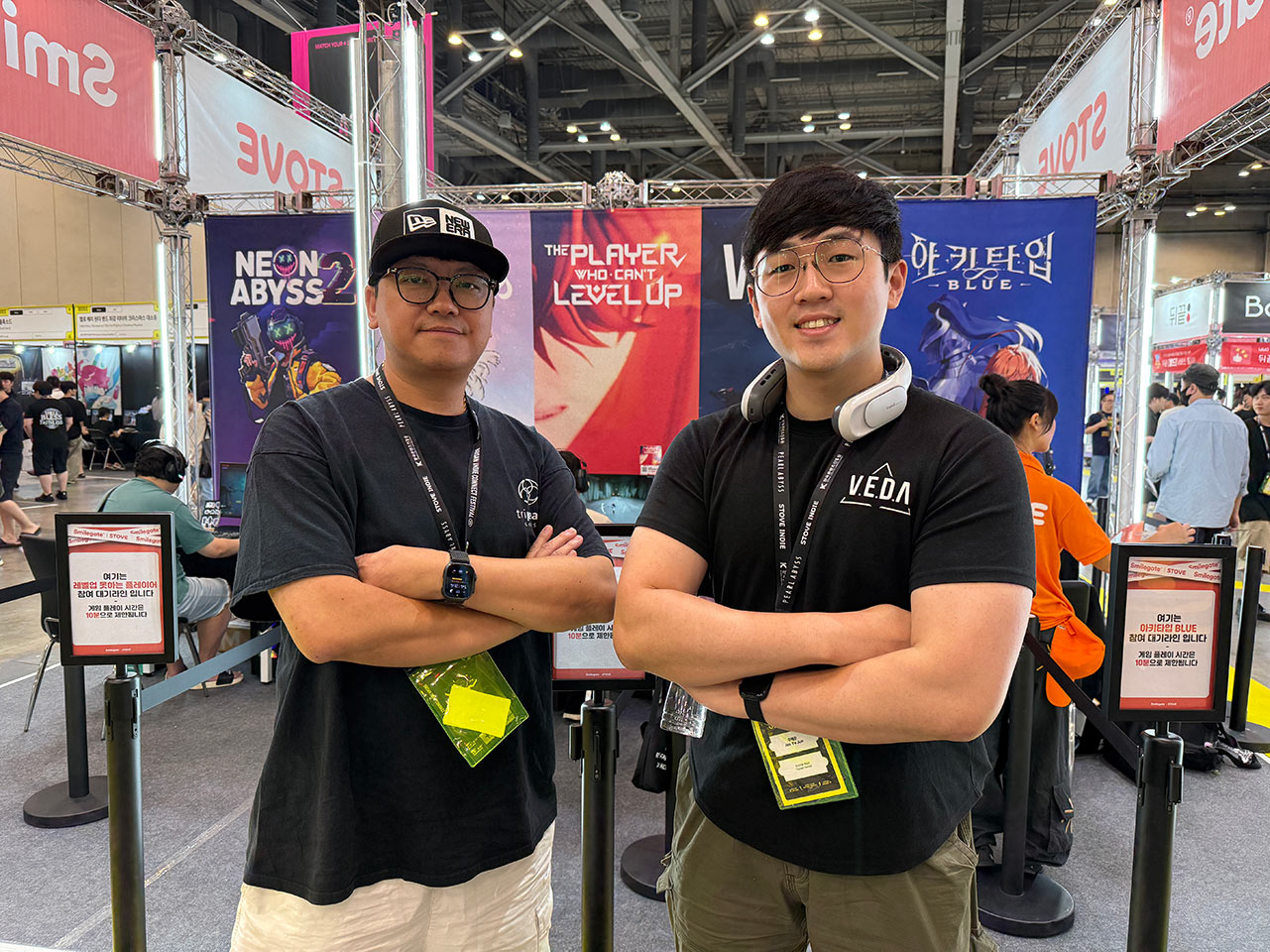
For players who need extra help, the game includes permanent upgrades. While the main character can’t level up according to the source material, “the eagle swords, the weapons that the protagonist uses are able to level up and be upgradable, and this will ease the overall difficulty for the new players.” Meanwhile, experienced players looking for more challenge will find “more difficulties on the overall ending content after playing the full game.”
Instead of traditional character leveling, the game uses an Ego Shards system that keeps each run feeling fresh. The developers have created what they call “themes” – essentially stages with distinct characteristics. “These themes, as the name implies, have different themes inside of them, and each theme will have different abilities, different upgrades that the player will be able to obtain, of course, randomly while progressing through,” Jeong explained.
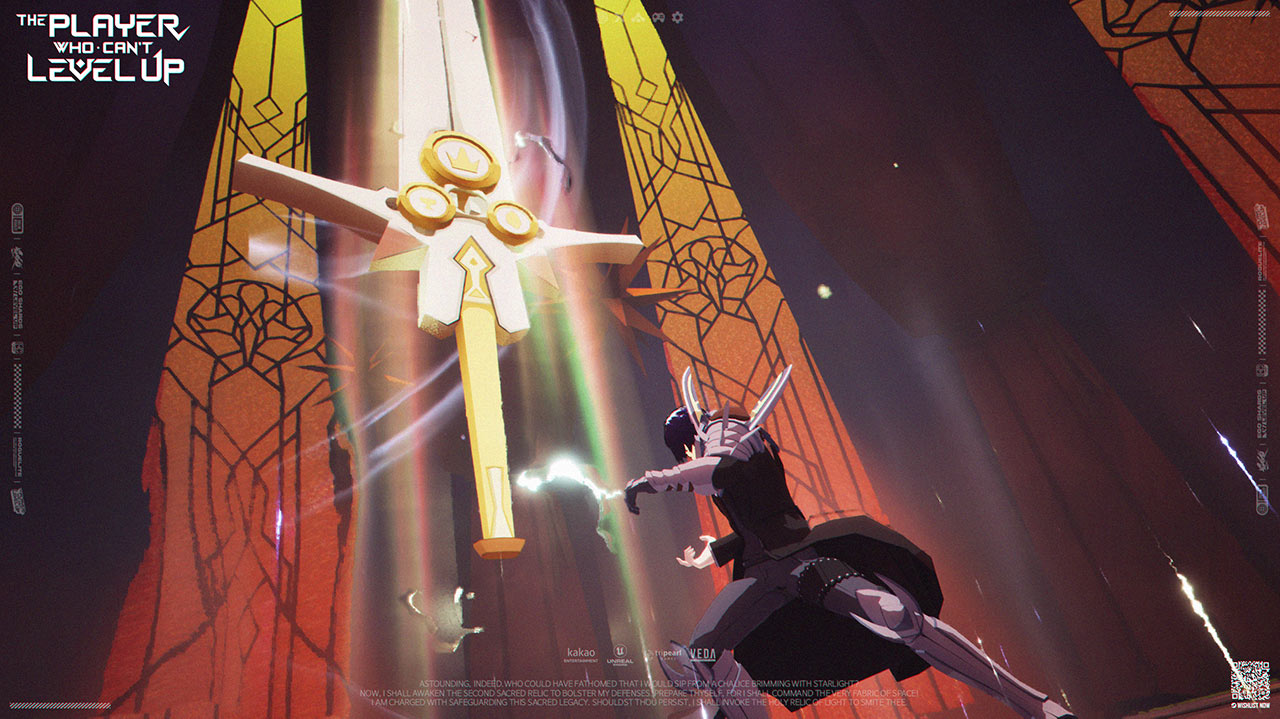
The random nature of these upgrades means that each playthrough can feel different depending on what abilities players acquire and how they choose to use them. “What type of upgrades that they acquire and when and where they put these will change the overall combat system,” he added.
Staying True to the Source Material
Adapting a beloved webtoon into a game requires careful attention to what makes the original story special. Jeong believes the appeal lies in the unique dynamic between characters: “The reason why people like this IP itself is because the interesting storyline of how the protagonist, King Yu, was able to overcome his limitations of just becoming level 1.”
A key part of this story involves the relationship between the main character and two entities called Lu and L. “This storyline between these three characters, we believe that this is the biggest reason and the fun elements of the Webtoon IP itself,” Jeong said. The game will incorporate this relationship into its upgrade systems, with Lu and L having “their own different type of skill sets as well.” True to the source material, “Lu is more of a demon type, L is more of an angel type, and we’re implementing these themes inside our game as well.”
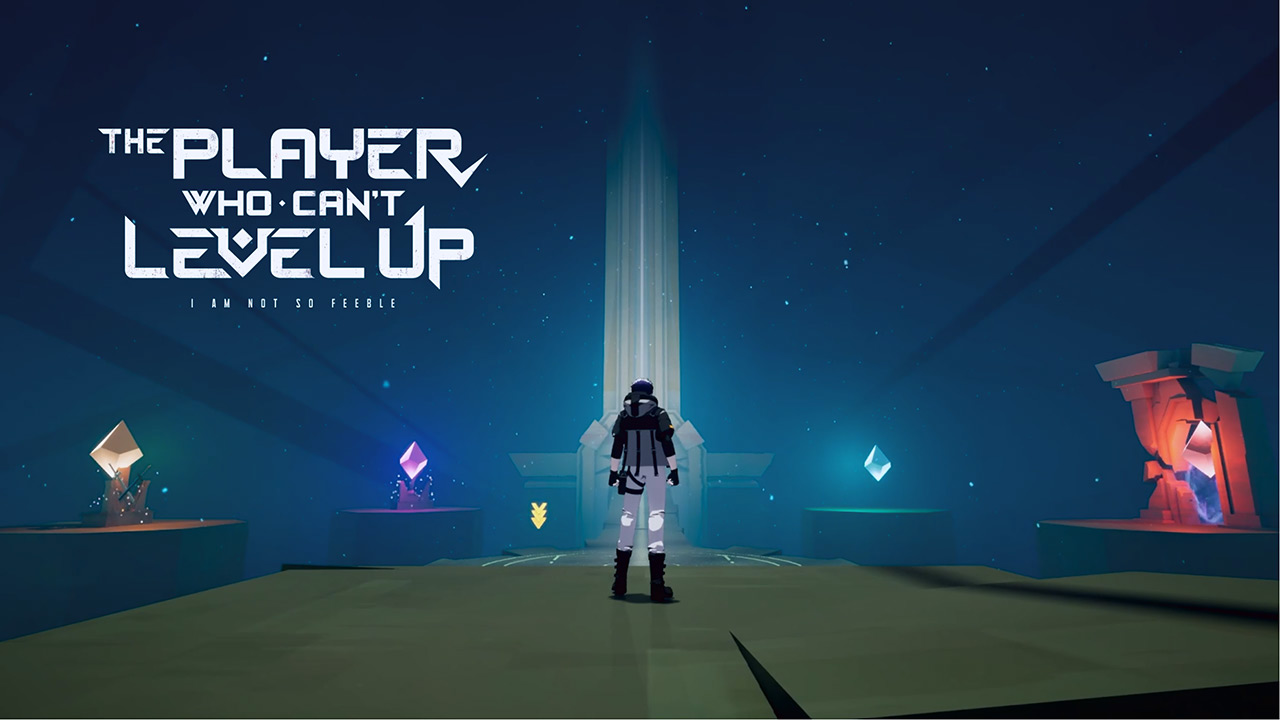
Creating a cel-shaded art style that captures the look of the original comic while supporting fast-paced combat required significant technical work. The team used Unreal Engine and invested heavily in research and development. “In the beginning we had an R&D period. Through this period, we established a development process for the cel shading,” Jeong explained.
The team’s experience proved crucial to this achievement. “The co-founders in our company, they have worked in the gaming industry for over 20 years. They were one of the first users of Unreal Engine itself in the gaming development scene,” he noted. This deep familiarity with the engine, combined with previous cel-shading experience, helped them “implement this know-how and experience into the game type feel of the cel shading development.”
Standing Out in a Crowded Market
The roguelite genre has become increasingly competitive, but Tripearl Games believes they have several advantages. First is the built-in fanbase: “Through the Webtoon IP itself, we do think we have a strategic improvement, I guess, advantage… because there are a lot of fans of this IP itself.” Jeong pointed out that while Solo Leveling has gained worldwide recognition, “the player who cannot level up is always recommended as what to read next in Webtoon IP.”
Beyond the IP advantage, the technical approach sets the game apart. “Most Rogue-like games, compared to the player who cannot level up, most games are 2D based and have a fixed camera view. But by utilizing Unreal Engine and implementing our very own experiences into the game, it is a full 3D free camera view type of experience,” Jeong said.
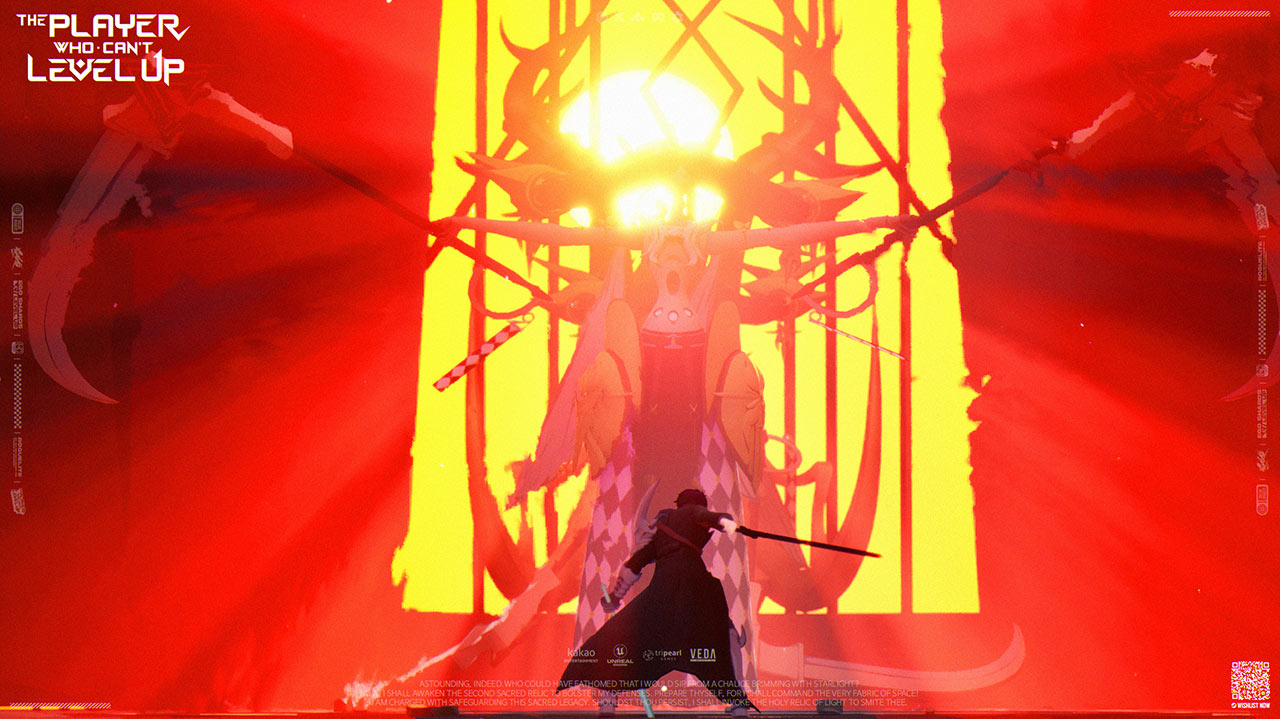
This 3D approach allows for different gameplay elements: “Most Rogue-like games are side scrolling, quarter view, top view type of games. But since, as mentioned, we’re a full 3D free camera view type of game, we can advertise, I guess, more appeal of the strategic, more of the styles, action, elements. Maybe even further, hack and slash type of elements in our game.”
Partnership with Smilegate and Global Expansion
The collaboration with major Korean publisher Smilegate provides crucial support for global reach. “Smilegate is one of the big companies and one of the big gaming developers in South Korea,” Jeong noted. The partnership benefits both companies: “Through this co-publishing contract, we can help each other as a win-win type of relationship.”
The relationship also has personal elements, as Jeong previously worked with core developers from Smilegate’s popular MMORPG Lost Ark. However, the primary value comes from Smilegate’s publishing capabilities: “Because Smilegate can provide the resources that we need for the overall global publishing, and through this mutual relationship, we can also provide a good game by developing with our standards, with our abilities and experience into our games.”
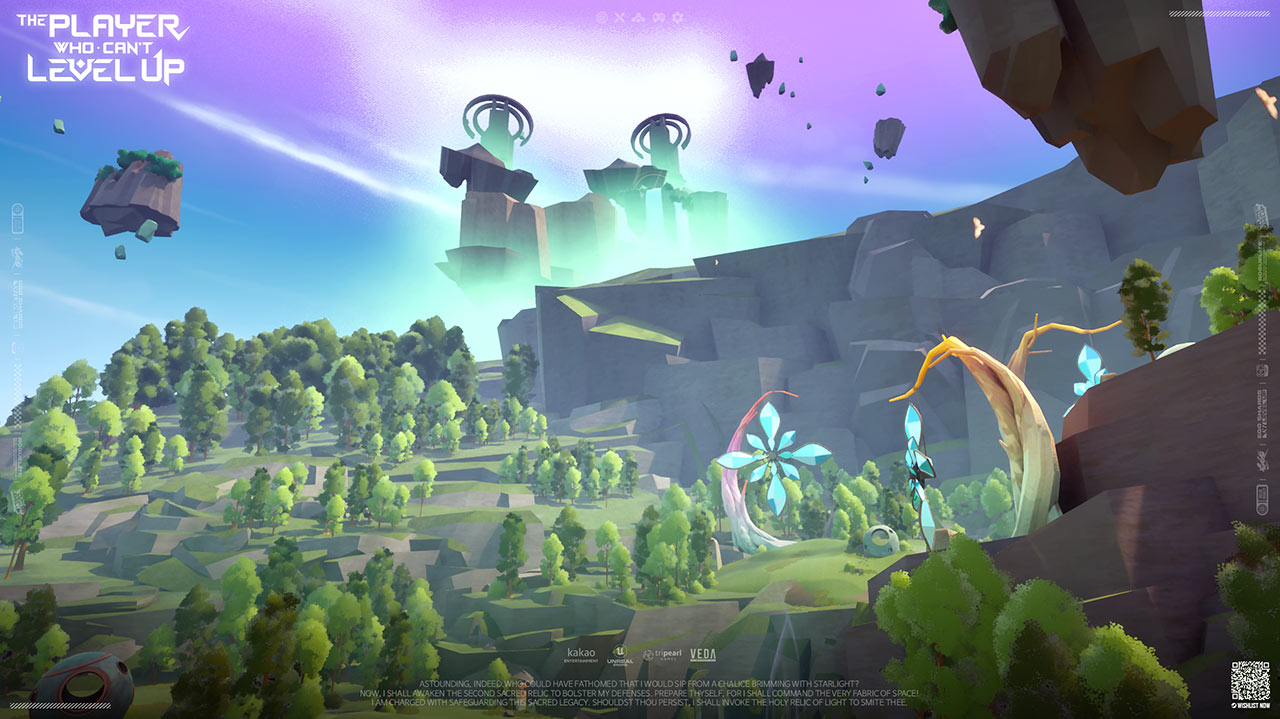
For Southeast Asian markets specifically, language support will be handled by Smilegate, though it will be rolled out gradually. “We are planning to support languages one by one based on the amount of wishes gathered by each country,” Jeong explained. He emphasized that Southeast Asian support is definitely planned: “The Southeast Asian languages will be supported because we do acknowledge that the overall PC, console, gaming market in this region is growing year after year.”
Future Plans and Development Philosophy
Currently, Tripearl Games is working on two projects simultaneously. Alongside The Player Who Can’t Level Up, they’re developing “Vela,” a souls-like game based on their original IP. This dual approach reflects their broader strategy: “Based on Vela’s system and development experiences, we are planning to expand our very own original IPs as a first track development. Based on the player can level up and the experience on developing our second project, we are also planning to do a second track development, which is developing other IPs, existing IPs.”
While DLC plans exist, Jeong was clear about the current development stage: “Unfortunately this game itself is still in its very, very early stage. So, we don’t have specific plans on what type of DLC or what kind of additional content we should add into our game.” Players interested in updates can follow the team’s social media accounts, Steam page, PlayStation presence, and Discord server.
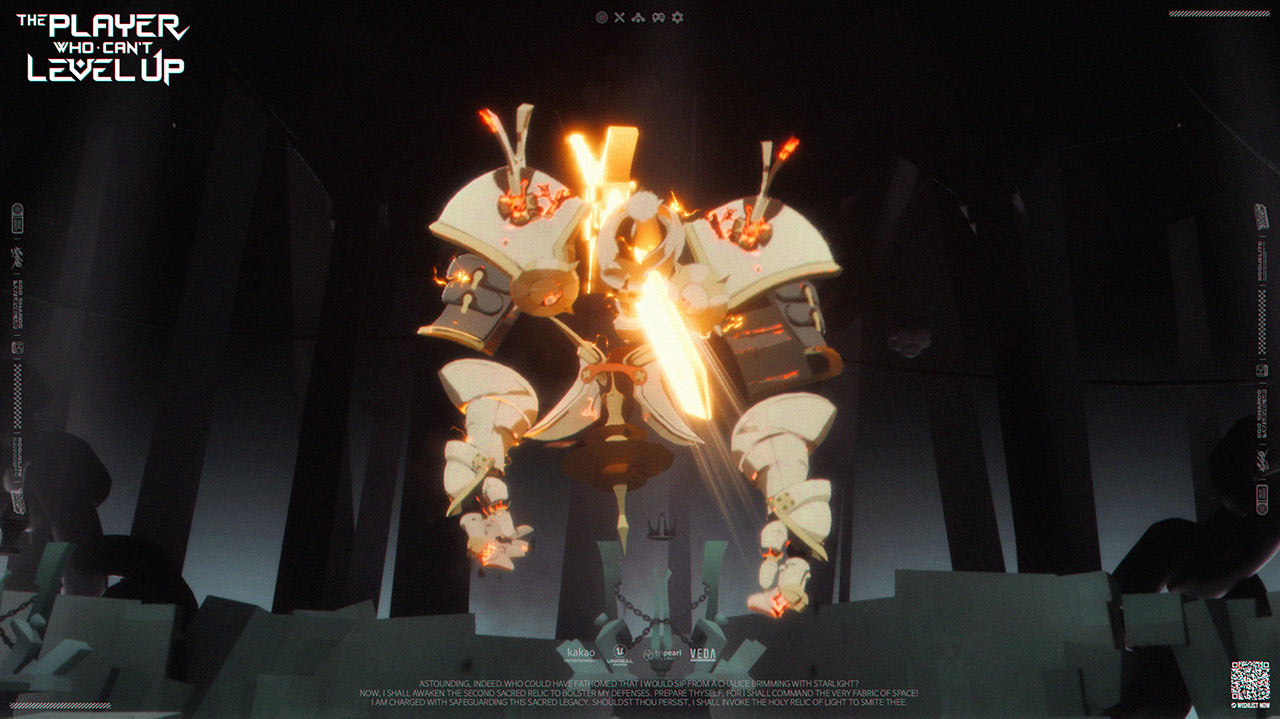
The success of both current projects could open doors to bigger opportunities. “Because of this, we are actually having conversations with someone, we cannot disclose the information, of writing a contract on developing a big and famous IP,” Jeong revealed, though he stressed that nothing is finalized yet.
As Tripearl Games continues development on The Player Who Can’t Level Up, they’re working to create something that honors the beloved source material while bringing new experiences to the roguelite genre. With their technical expertise, strong partnership with Smilegate, and clear vision for both original and adapted content, the studio appears well-positioned to make their mark in the competitive indie gaming landscape.
Join Us!
We are recruiting! If you want to break into the gaming media industry, don’t miss out on the golden opportunity. Find out more: Malaysia. Overseas.
![[bic2025]-exclusive-interview-with-tripearl-games-ceo-on-adapting-the-player-who-can’t-level-up-for-gaming-–-gamerbraves [bic2025]-exclusive-interview-with-tripearl-games-ceo-on-adapting-the-player-who-can’t-level-up-for-gaming-–-gamerbraves](https://jimclarke.co.uk/wp-content/uploads/2025/08/43760-bic2025-exclusive-interview-with-tripearl-games-ceo-on-adapting-the-player-who-cant-l68a33bb935f0b-696x364.jpg)